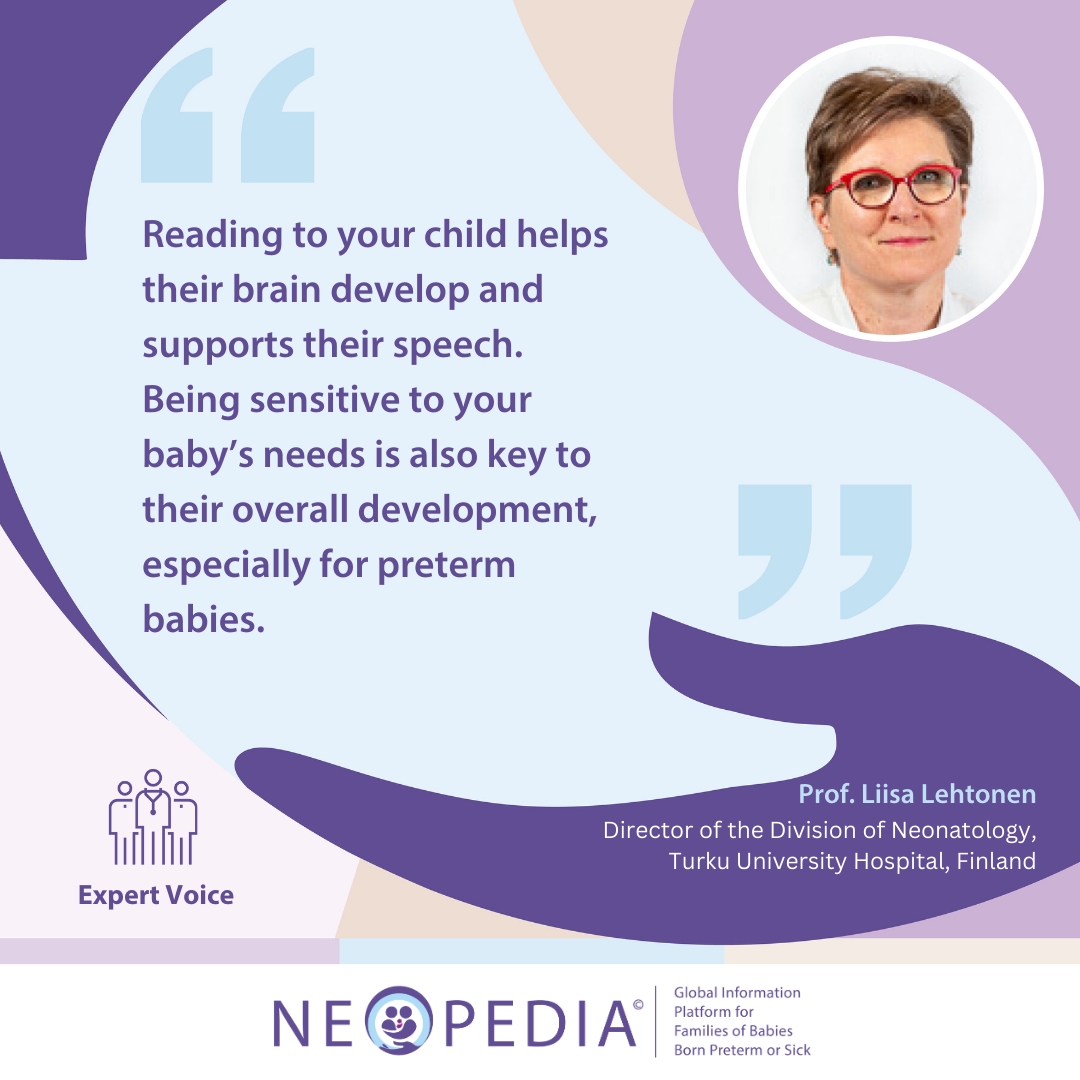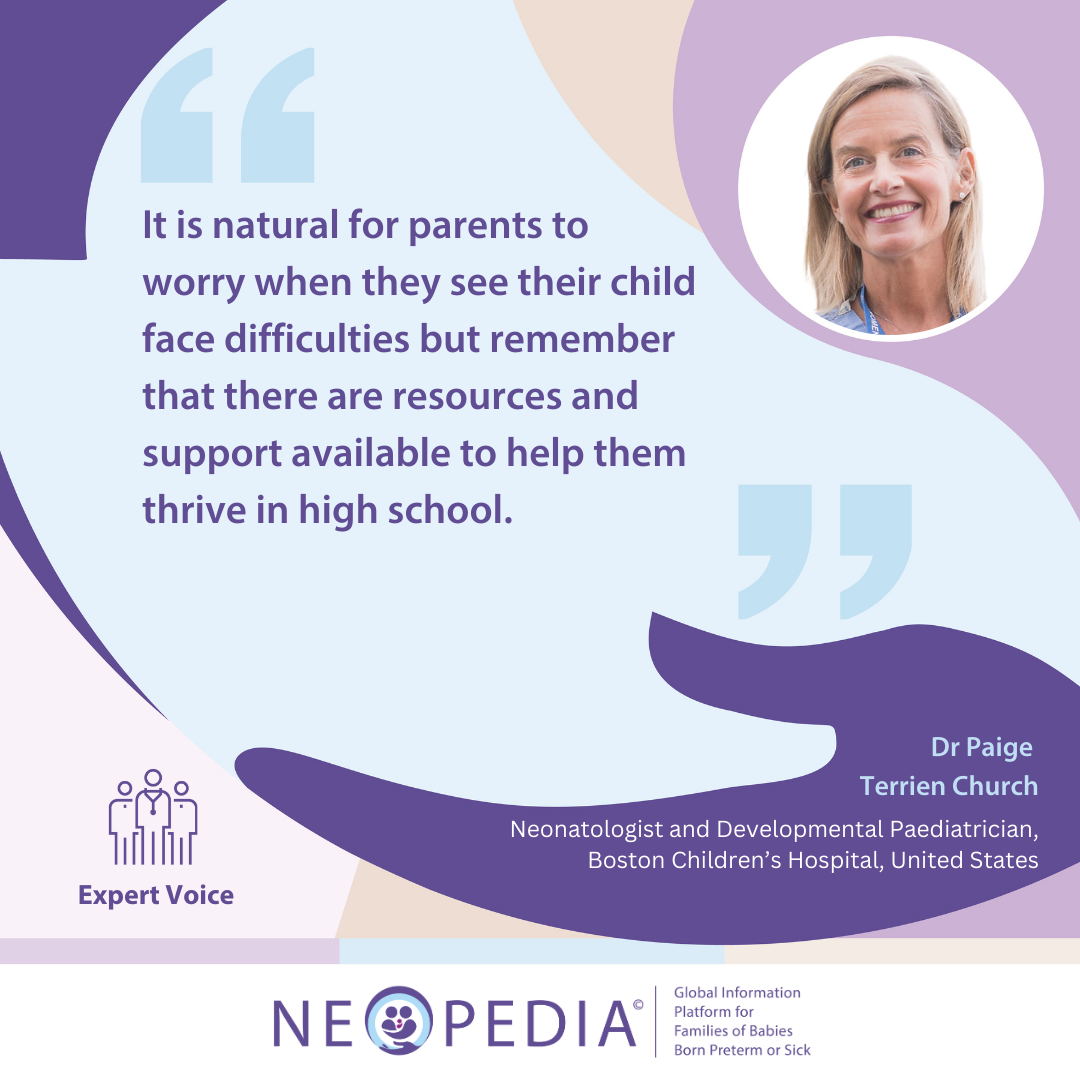
Before your child starts school, there will be many exciting milestones and new adventures for your family. They have come a long way since their time in the neonatal unit and made tremendous progress. Regardless of where they are in their development, it is important to remember that every child’s journey is unique. You can be proud of how far they have come.
How parents can prepare their children for school
Starting school is a significant step for all children and their families, and it can be overwhelming for everyone involved. To help your child prepare for this new experience, you can support them in developing various skills. Start by encouraging their independence, such as teaching them to use the toilet on their own and allowing them to dress and undress by themselves.
To help them learn and get ready for school, enrolling in small group activities such as a library group, swim lesson, playgroup, or daycare can be a great way to start to exercise the skill of listening and learning from an adult other than the caregiver. You can set aside time to read with your child. Focusing on numbers also helps spark their interest in learning to read and count, skills they will develop at school. Letting them ask "why" and providing thoughtful answers will help them learn and grow naturally. Additionally, playing and socializing with other children their age will teach them how to connect with peers and develop important skills like sharing and taking turns. Rarely, use of screens or televisions can help with school preparation.
Free play is important for children, helping them develop creativity and problem-solving skills. Most children naturally play with their friends without needing adult guidance. If your child is not seeking peer play, you can help by creating opportunities that match their interests. Listening to your child's preferences will encourage positive play experiences.
Every child is different, and the challenges they face can vary a lot. It is important to celebrate their progress and development in their own unique way. Also, keep in mind that many children born preterm or sick will not face any learning or developmental challenges.
When your child starts their first year of school
Congratulations on reaching another huge milestone! Starting school is an important moment for children and their families, filled with excitement and of course some worries. For parents of children born early or with health issues, these worries can be even stronger because of the uncertainties related to their child's condition. Remember that your feelings are valid, and it is normal to experience excitement, worry, and joy all at the same time.
One important step that parents of preterm born children can consider is to always share the information that your child was born too early and/or with health problems. This will help them get the right support in school from the get-go. In many countries, teachers are trained to assist children with special needs and disabilities, but they can provide better help when they fully understand a child’s background. Therefore, it is very important for teachers to be aware of the challenges that children born preterm or sick may face, so they can offer the most effective support.
If you suspect that your child needs special education, it is natural to feel concerned or overwhelmed. Remember that every child develops at their own pace, and with the right support, they can thrive. Needing special education only indicates that your child learns differently and needs specific attention to learn. It does not mean that your child cannot learn. Reach out to specialists, teachers, and support groups who can help you and your child learn skills to overcome these challenges. In some countries, extra support for children with special needs is available, such as an additional person to accompany your child, special equipment for stairs or bathrooms in schools, audio books, and extended time for tests. For information and support near you, check your rights on national or local government websites related to education or disability⍰, or visit your local parent organization’s website.

High school years
As teenagers transition into high school, it marks another exciting phase for many families, but it naturally also brings new and altogether different challenges that are unlike those in their younger years. This is a time when teens’ priority shifts from one focused on family to that of a focus on peers and friendships.
While many learning or development differences are usually noticed in elementary school, high school can bring new challenges, as teens navigate this new landscape of friendships and peers. During this time, teens are figuring out who they are and what they want for their future. This can be a tough time, but it can also be very rewarding. Keeping the lines of communication open and helping them make choices can build resilience and create a strong relationship between you and your teen.
Due to advances in neonatal healthcare in the recent years and decades, there is an increasing number of preterm babies who are starting high school each year, especially those born before 28 weeks. This creates a growing need for schools to support these students over the long-term, paying attention to the unique challenges they may face. Preterm born high school students may need extra help in areas like math, attention, memory, processing speed, hand-eye coordination, social and emotional skills, and motor skills⍰. It is important for parents to know that preterm born teenagers often face different challenges than those born full term, such as having trouble concentrating because of issues like weaker memory, less robust attention and organization skills and/ or vision problems.
As your teen becomes more aware of themselves and learns to become independent, it is important to help them understand how they learn and to learn to self-advocate. It also will help them to understand how their individual strengths and challenges may impact choices. Your support and guidance can help them make safe and smart choices.
It is natural for parents to worry when they see their child face difficulties but remember that there are resources and support available to help them thrive in high school.

